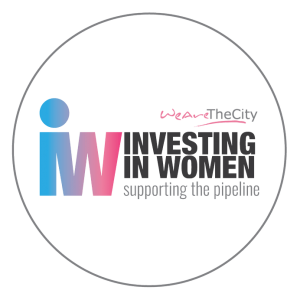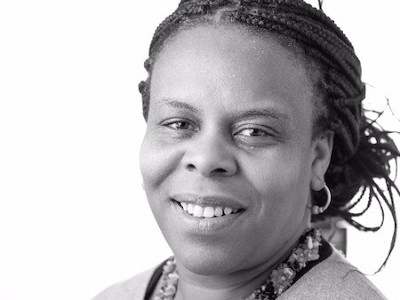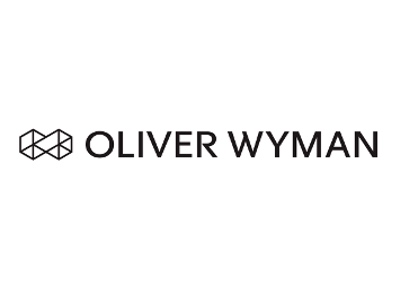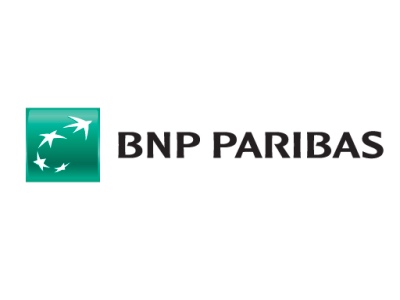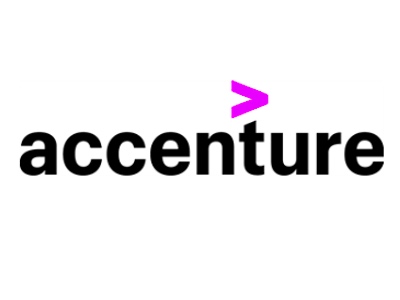 What motivates someone to add yet more work to their schedule and lead a gender network?
What motivates someone to add yet more work to their schedule and lead a gender network?

For Alexis Rose, Director of Business Operations for Accenture Strategy Europe and lead of Accent on Gender at Accenture UK, it was an obvious decision.
“I’ve always been involved in our women’s networks in one form or another because I’m passionate about female development and gender equality. I went to an all girls school and was quite shocked when I turned up at Cambridge and encountered boys. It was a school that taught you that you could be anything you wanted so it was a bit of an awakening when I joined the workforce and encountered inequality.”
“Two years ago I was asked to take on the countrywide women’s network which we had just changed from ‘Accent on Women’ to ‘Accent on Gender’ – we were the first country to do that. I knew it was going to be a big commitment but our then CEO had just made a public statement that said we were committed to achieving gender balance by 2025 and 25% women in leadership by 2020. I was so inspired by that I said yes to taking on the network and now I basically have two jobs! We’ve done a lot of work to make the network a vibrant place to be and I’m proud of that. It has become quite a large part of my life, much larger than I had anticipated.”
Accenture aims to embed gender equality at every level of the business and you can see the commitment to it. It aims to be 50/50 across the entire business and at currently 43% women it’s moving towards this. But for the firm it’s not enough to just have an overall target, as Rose explains they want to make sure this target is considered at every stage of the employee life cycle.
“We aim to hire 50/50 at entry level but also at our experienced hire level,” she says. “We do a lot of events to talk about our culture, our commitments, and promote technology and women in STEM. I’ve been at both London Business School and INSEAD in the last few weeks talking about the business.”
“We offer gender specific leadership training as well as multiple options for coaching. We also have tailored programmes aimed at developing our women at every level. We want to support our women as they go on their career journey. We don’t do quotas, rather we aim to have reflective progression – and where we see challenges in diversity, we address them.”
This commitment to ensuring no-one gets left behind requires constant monitoring and assessment but Accenture has used its understanding of technology to create innovative ways of helping the process along.
“We have a lot of checks along the way to help us eliminate bias from the process. We also do unconscious bias training across the company and we’ve also been trialing virtual reality. A lot of people challenge unconscious bias training but with virtual reality it’s different, you process it differently. You experience it as a memory rather than as just as having someone talk at you. We’ve started with our top execs and we’re working down. We’re also experimenting with the technology within the LGBT space.”
The decision to change the network’s name to Accent on Gender wasn’t something Accenture did lightly but Rose is passionate about male advocacy.
“We can’t fix society if only 50% of society is in the room. We have an inclusive approach to our employee network which focuses on male advocacy but also looks at male topics such as mental health, toxic masculinity, shared parental leave – we have market leading parental leave policies, and we’re convinced those will see results in the longer-term. The stories men have around shared parental leave and being able to experience fatherhood are amazing. It helps them understand the experience of women both in those first few months but also when returning to work. I so often hear men say “of course I agree with gender equality” but they don’t know what action they are supposed to take – there’s so much men can do, from how they treat women on their team to speaking up when they see something that might make women uncomfortable, let alone task allocation and who they choose to mentor or sponsor. We need to make it easy for men to be proactive in changing behaviours without fearing that they might do or say the wrong thing.”
Despite creating programmes and technology that have seen them ranked number 1 on Refinitiv’s Diversity and Inclusion index, Rose is clear that there is still more to do. She wants to make sure the firm doesn’t rest on its laurels.
“The biggest thing is in terms of retention and ensuring everyone has a work-life balance. We want to ensure that everyone feels that the culture is empowering and somewhere they want to be. We call our culture “truly human” and through that we want to make sure we’re focused on mind, heart, body and soul. We want people to bring their whole selves to work and be authentic, and that includes focusing on physical health, emotional health and mental health – we have a mental health allies programme where we’re training people to recognise when colleagues may be struggling and how best to offer support.”
“Retaining our talent and ensuring we’re offering an environment that’s as inclusive as possible is our focus. That means our women are included in every way: the roles they’re given, the continuous training, the leadership opportunities, that they’re listened to and allowed to work flexibly. We spent just under $1billion on training last year and the research we’ve done shows us that the ability to work and train flexibly are some of the most important factors in creating a culture of equality.”
“The other thing we’re focussing on is intersectionality. We have thriving ethnicity networks, our Pride network and our Accent on Family network, so we’re looking at how we do things at those points of intersection. One of our most popular events last year was ‘So You Think You Know Muslim Women?’”
“I’ve been at Accenture for over 18 years, that was not the plan. I think one of the main reasons I stayed is because of the public commitment Accenture made to diversity. It’s amazing to have the accolades but there’s also recognition that we’re on a journey and I love the fact that I can say “I think this is what we need to do next” and the support I get from the firm is amazing. The commitment and the passion that you see in the firm when you talk about this is very, very real.”
About the author
Harriet Minter is a journalist, speaker and future author. She founded and edited the Guardian’s Women in Leadership section, which focussed on women in the workplace, and is a columnist for Psychologies magazine. She’s written for publications including The Times, Huffington Post and The Pool. Prior to working at the Guardian she completed a Politics degree at Newcastle University following which she started her journalistic career at RollonFriday.com, the leading news site for lawyers. She is a regular speaker on women’s rights, the future of work, and digital media. In the past two years she’s given two TED Talks, the first on the importance of learning to fail and the second on yoga, which have had 10s of thousands of views. Outside of work her passions include high heels and big boats – just not together.
Investing In Women
WeAreTheCity are proud to be working with Accenture as one of our Investing in Women corporate members. You can find out more about becoming a member here.
